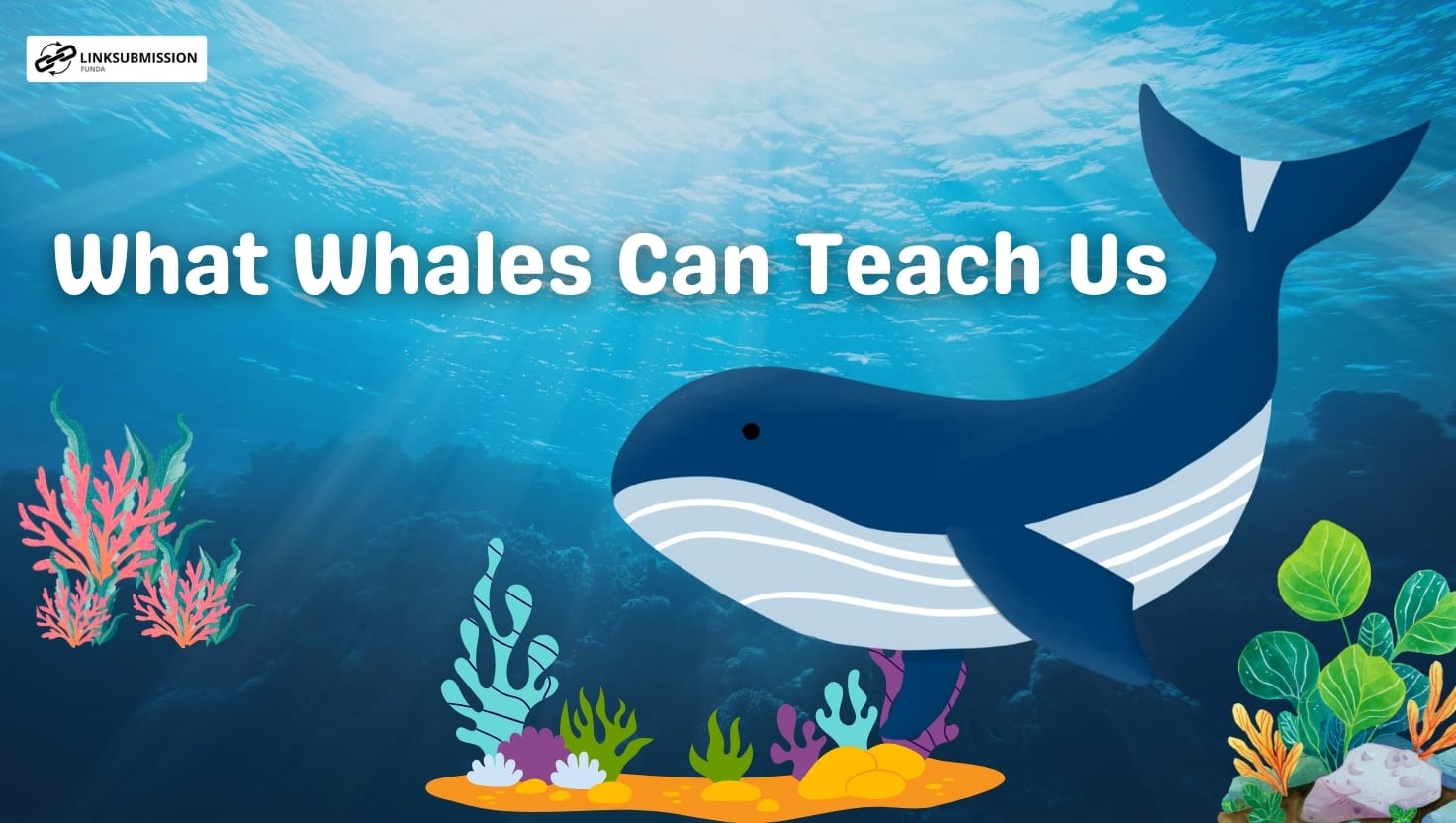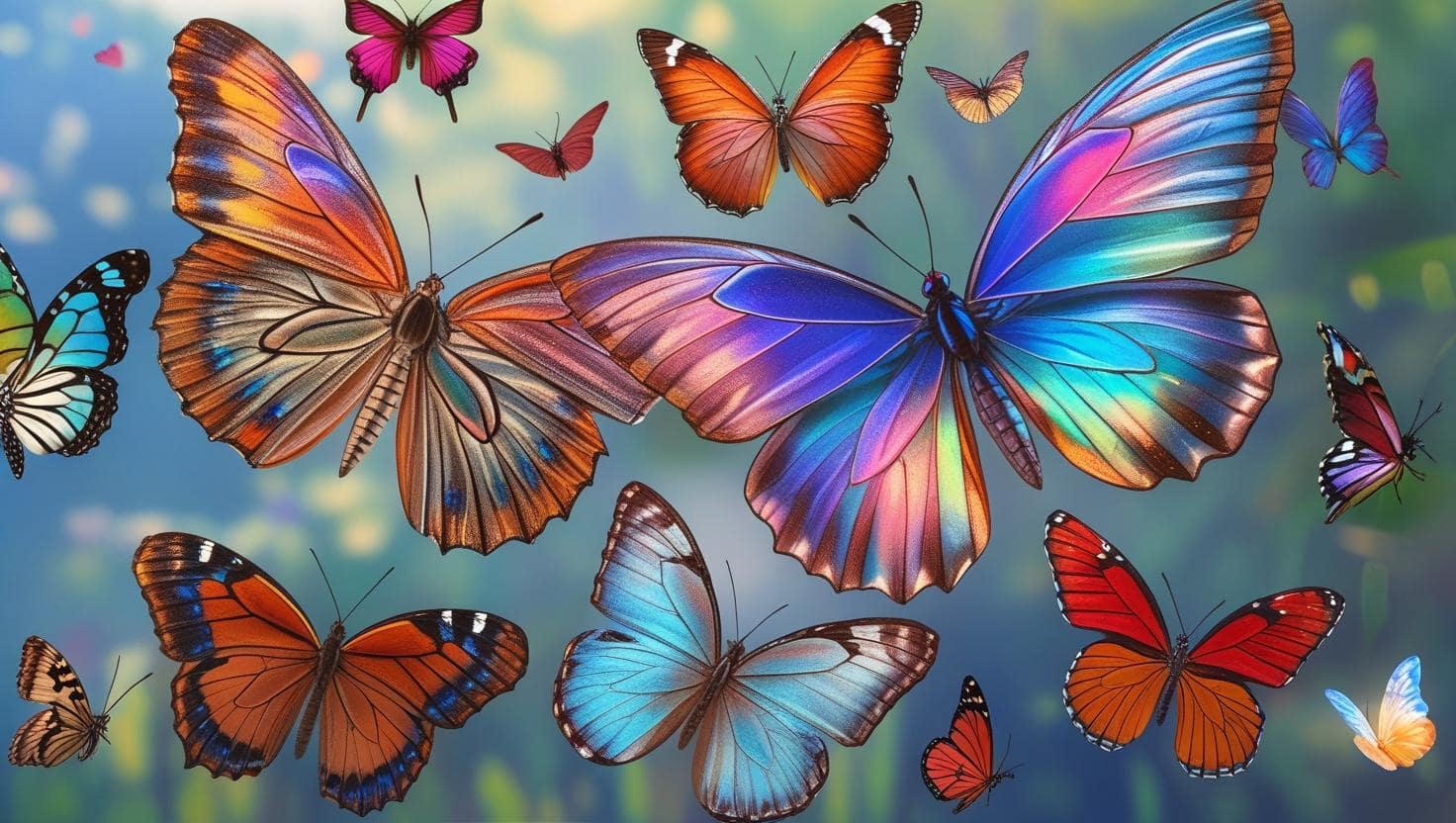In the vast blue expanse of our oceans swim the largest creatures on Earth—whales. These gentle giants, some as long as a basketball court and weighing over 200 tons, are more than just awe-inspiring animals. They are living testaments to evolution, communication, cooperation, and resilience. While humans have long studied whales for scientific and conservation purposes, we often overlook something equally profound—what whales can teach us about life, leadership, and the planet itself.
1. The Power of Communication
Whales are known for their incredible songs and complex forms of communication. Humpback whales, for instance, sing elaborate melodies that can last for hours, while blue whales use low-frequency calls that can travel hundreds of miles underwater. These aren’t random noises—they’re structured, evolving, and even culturally transmitted between populations.
From these deep-sea symphonies, we can learn the importance of communication—not just in speaking, but in listening. Whales rely on sound to maintain social bonds, navigate vast oceans, and even coordinate migration. Similarly, in our personal and professional lives, communication isn’t just about expressing ourselves; it’s about creating understanding. Like whales, we thrive when we learn to listen deeply and connect meaningfully.
2. Cooperation and Community
Despite their size and strength, whales are deeply social creatures. Orcas (killer whales), for example, live in matrilineal pods led by older females who guide younger members using generations of knowledge. They hunt together, share food, and even teach younger whales how to survive.
This spirit of cooperation is something humans often forget in our fast-paced, competitive world. Whales remind us that strength lies not in isolation but in community. Whether it’s family, colleagues, or society at large, the success of one depends on the collective well-being of all. Leadership, as whales show, is not about dominance but wisdom, patience, and care for others.
3. Patience and Migration: The Art of Endurance
Whales undertake some of the longest migrations on the planet. The gray whale, for instance, travels over 10,000 miles round-trip each year between feeding and breeding grounds. These journeys demand endurance, navigation skills, and an understanding of timing—qualities that resonate deeply with the human journey.
Their migration teaches us patience and persistence. Progress is rarely instant, and success often requires navigating through uncertain waters. Whales move slowly but purposefully, trusting their instincts and natural rhythms. In a world driven by instant gratification, these creatures remind us that meaningful goals are achieved through time, consistency, and perseverance.
4. Emotional Intelligence and Compassion
Scientific studies have revealed that whales possess complex emotional lives. They form deep bonds, mourn their dead, and show empathy not only toward their own species but sometimes even toward humans and other marine life. There are recorded instances of humpback whales protecting seals from killer whales—acts that seem to transcend basic survival instincts.
From this, we learn the value of empathy and compassion. The ability to care beyond oneself is what defines emotional intelligence—a quality that is essential for building trust and harmony in any relationship or community. Whales remind us that compassion isn’t weakness; it’s the highest form of strength.
5. Whales and the Planet: Environmental Wisdom
Beyond their emotional and social intelligence, whales play a crucial ecological role. Every time a whale dives deep and surfaces, it stirs nutrients that support the growth of phytoplankton—the microscopic plants that absorb huge amounts of carbon dioxide. In essence, whales help regulate the Earth’s climate. When whales die, their massive bodies sink to the ocean floor, sequestering carbon for centuries.
The lesson here is profound: every action, no matter how small, has an environmental ripple effect. Whales show us the delicate balance between life and ecosystem, teaching us that living sustainably isn’t optional—it’s vital. Protecting them means protecting ourselves, as their survival is intertwined with the health of the planet.
6. Resilience and Recovery
Once hunted to near extinction, many whale species are now slowly recovering thanks to global conservation efforts. The humpback whale population, for instance, has rebounded significantly since commercial whaling was banned. Their comeback is a story of resilience—a reminder that healing, though slow, is possible when we make collective efforts toward change.
In this, whales teach us hope. No matter how severe the damage, restoration is possible with time, empathy, and commitment. Their survival is a symbol of nature’s ability to forgive and renew, if only we allow it.
7. Harmony in the Unknown
Whales live in a world we still barely understand. They navigate pitch-black depths, communicate through unseen frequencies, and trust in currents invisible to the human eye. There’s a certain serenity in how they coexist with mystery—unhurried, unafraid, and in tune with forces greater than themselves.
Their example encourages us to embrace the unknown instead of fearing it. In our lives, uncertainty often breeds anxiety. But as whales show, sometimes the path forward isn’t about control—it’s about flow, intuition, and faith in the unseen journey ahead.
Conclusion: The Gentle Teachers of the Sea
Whales are more than just ocean dwellers; they are philosophers of the deep. Through their behavior, they mirror the very values we strive for—connection, compassion, endurance, and balance with nature. In learning from them, we learn how to live more meaningfully ourselves.
So, the next time you hear about these magnificent beings, remember—they’re not just part of the ocean; they are guides, gently reminding humanity to communicate with empathy, cooperate with kindness, and move through life with grace and purpose.
Whales don’t just swim through the oceans—they teach us how to move through life.





